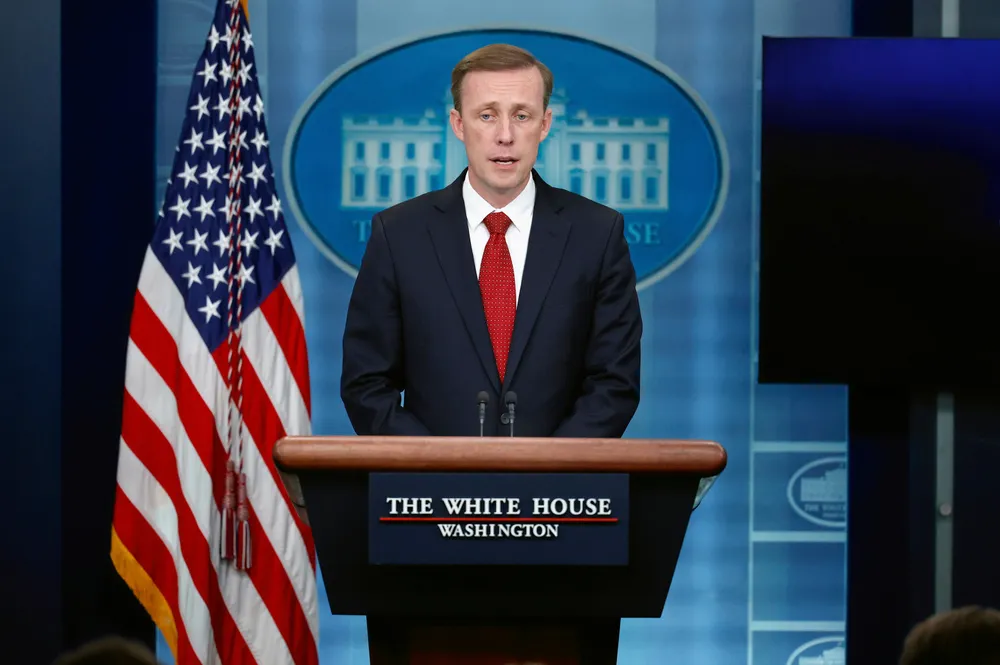EU raises concerns with US over 'discriminatory' climate bill — but are the hydrogen tax credits being excluded from talks?
The Inflation Reduction Act is expected to attract billions of dollars to the US clean H2 industry due to its $3/kg subsidies. Now a new EU-US joint task force will address Europe's concerns
